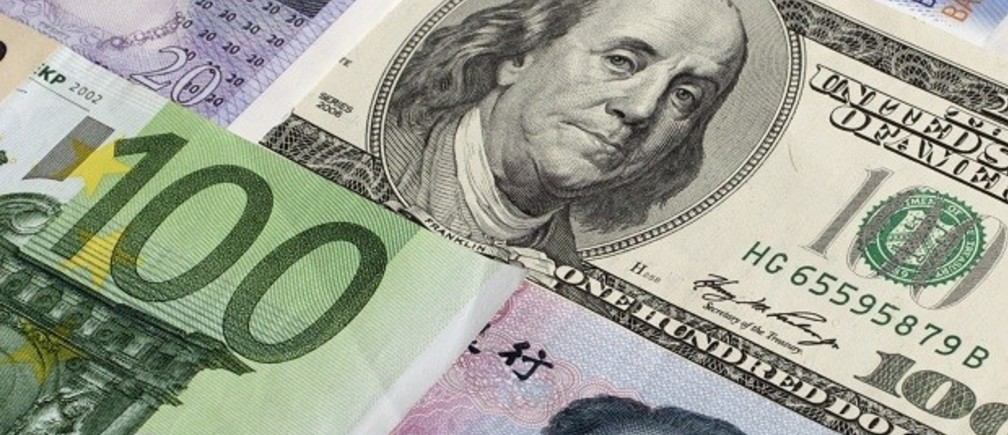Functions Of Money – Economics Notes – For W.B.C.S. Examination.
অর্থের ক্রিয়াকলাপ – অর্থনীতির নোট – WBCS পরীক্ষা।
Money is often defined in terms of the three functions or servicesthat it provides. Money serves as a medium of exchange, as a store of value, and as a unit of account.Continue Reading Functions Of Money – Economics Notes – For W.B.C.S. Examination.
In order to be a medium of exchange, money must hold its value over time; that is, it must be a store of value. If money could not be stored for some period of time and still remain valuable in exchange, it would not solve the double coincidence of wants problem and therefore would not be adopted as a medium of exchange. As a store of value, money is not unique; many other stores of value exist, such as land, works of art, and even baseball cards and stamps. Money may not even be the best store of value because it depreciates with inflation. However, money is more liquid than most other stores of value because as a medium of exchange, it is readily accepted everywhere. Furthermore, money is an easily transported store of value that is available in a number of convenient denominations.
Unit of account
Money also functions as a unit of account, providing a common measure of the value of goods and services being exchanged. Knowing the value or price of a good, in terms of money, enables both the supplier and the purchaser of the good to make decisions about how much of the good to supply and how much of the good to purchase.
Money as store of value has the following advantages:
1. Money is available in fractional denomination, ranging from Rs 1 to Rs 1,000.
2. Money is easily portable. So, it is easy and economical to store money as its storage does not require much space.
3. Money has the merit of general acceptability so; it can be easily exchanged for goods at all times.
4. Savings in terms of money are much more secured than in terms of goods.
Money has overcome the drawbacks of Barter System:
Barter system makes the exchange process very difficult and highly inefficient.
Money has overcome the drawbacks of barter system in the following manner:
1. Medium of Exchange:
As a medium of exchange, money has removed the major difficulty of lack of double coincidence of wants in barter system. It separates the acts of sale and purchase of goods and services and helps both the parties in obtaining maximum satisfaction. A buyer can buy goods through money and a seller can sell goods for money.
2. Measure of value:
Under Barter system, different goods were of different values and there was no common denomination to express their exchange ratios. But, money is the measuring rod which expresses the value of other commodities. It becomes easier to compare the relative values of any two commodities.
3. Store of Value:
Under Barter system, it is very difficult to store goods for future use. Most of the goods are perishable and their storage requires huge space and transportation cost. But, money can be easily stored for future use. It is the most convenient and economical means of storing earnings and wealth. It has the merit of general acceptability and its value remains stable as compared to other goods.
4. Standard of deferred payments:
Barter system lacks suitable standard of deferred payments which creates difficulty in credit transactions. Borrower may not be able to arrange goods of exactly the same quality at the time of repayment. On the other hand, due to general acceptability of money, future payments are expressed in terms of money. Money has simplified the borrowing and lending operations and encouraged capital formation.
Please subscribe here to get all future updates on this post/page/category/website


 +919674493673
+919674493673  mailus@wbcsmadeeasy.in
mailus@wbcsmadeeasy.in







































































































